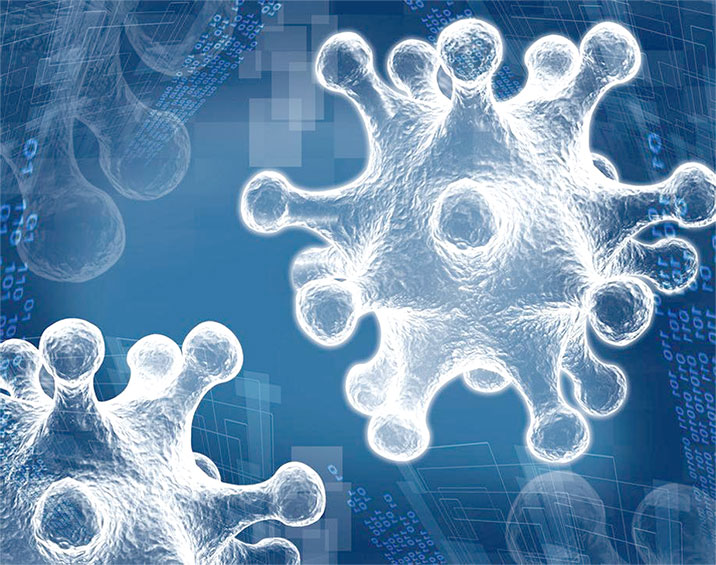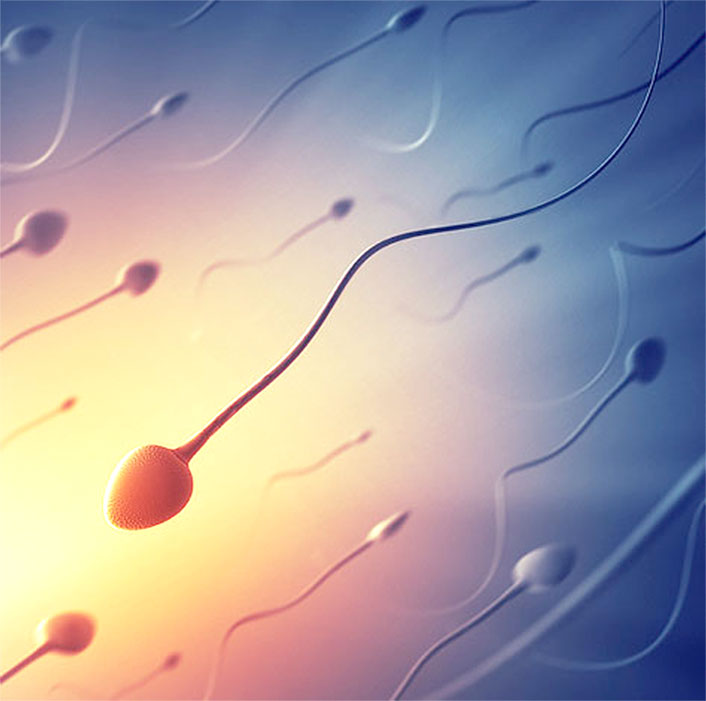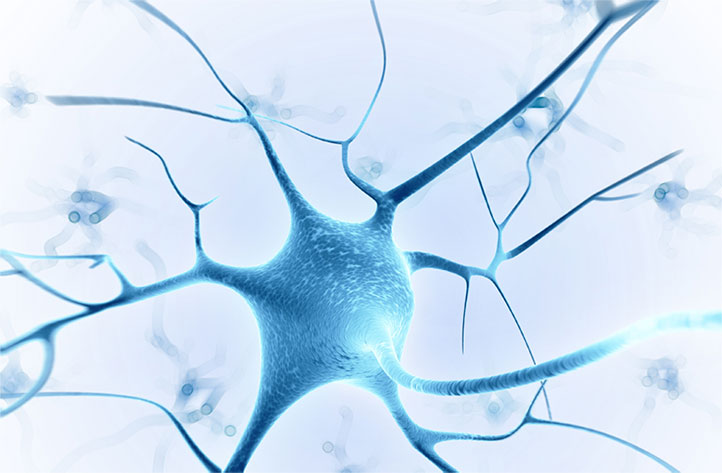male infertility
Male infertility refers to infertility caused by male factors, and is generally referred to as infertility when the woman fails to conceive after cohabiting for more than two years after marriage without using any contraception. The incidence is about 10 per cent, of which about 50 per cent is due to female factors alone, about 30 per cent due to male factors alone, and about 20 per cent due to both sexes. Clinically, male infertility is divided into two categories: sexual dysfunction and normal sexual function, and the latter can be further divided into azoospermia, oligozoospermia, spermatozoa weakness, spermatogenesis, and normal sperm count infertility based on the results of semen analysis.
Abnormal Semen
Abnormal semen is an important cause of male infertility, mainly including azoospermia, oligozoospermia, weak spermatozoa, haemospermia, sperm deformities and dead spermatozoa, especially oligozoospermia and weak spermatozoa, azoospermia, dead spermatozoa, and haemospermia are the most important causes of infertility. This cause of infertility is more difficult to treat.


Spermatogenesis Disorder
Factors such as varicocele, congenital testicular dysplasia, cryptorchidism, orchitis or testicular atrophy, and endocrine disorders can cause a decrease in sperm count and motility, or malformation of sperms, leading to infertility. This cause of infertility is also difficult to treat.
Insemination Is Blocked
Insemination can also lead to infertility, such as lesions in the epididymis, vas deferens, ejaculatory ducts and urethra, which can cause obstruction of semen transport, and clinically it usually manifests as obstructive azoospermia, which directly affects the fertility of men. The treatment of infertility caused by this condition mainly focuses on restoring the ability of the vas deferens to transport semen, and there is more hope for this treatment than the previous two causes of infertility.


Ejaculation Disorder
In cases of impotence, deformity or trauma to the external genitalia, resulting in the inability to have sex, or premature ejaculation or retrograde ejaculation, the semen cannot enter the female reproductive tract and a foetus cannot be conceived. This cause of infertility can be improved with active treatment.
Other Factors
In addition to the above main factors, there are also immunological factors and disease factors that can cause male infertility, such as high sperm antigenicity, seminal vesiculitis, prostatitis, prostaglandin abnormality, etc., and prolonged smoking and alcohol abuse, etc., all of which can cause male infertility. This cause of infertility as long as the removal of the cause can often get better.

Treatment options
The causes of this disease are complex and many diseases or factors can lead to male infertility. According to the results of the semen test, it can be classified as azoospermia, severe oligozoospermia, oligozoospermia, normal sperm count infertility, polyspermia and spermatozoa incompetence. We will give you a detailed examination plan based on the specific conditions of your body, and our experts will work out the best solution for you based on the results of the examination.

Georgia Surrogacy Services,Legal IVF Hospital,Global Fertility Agency




